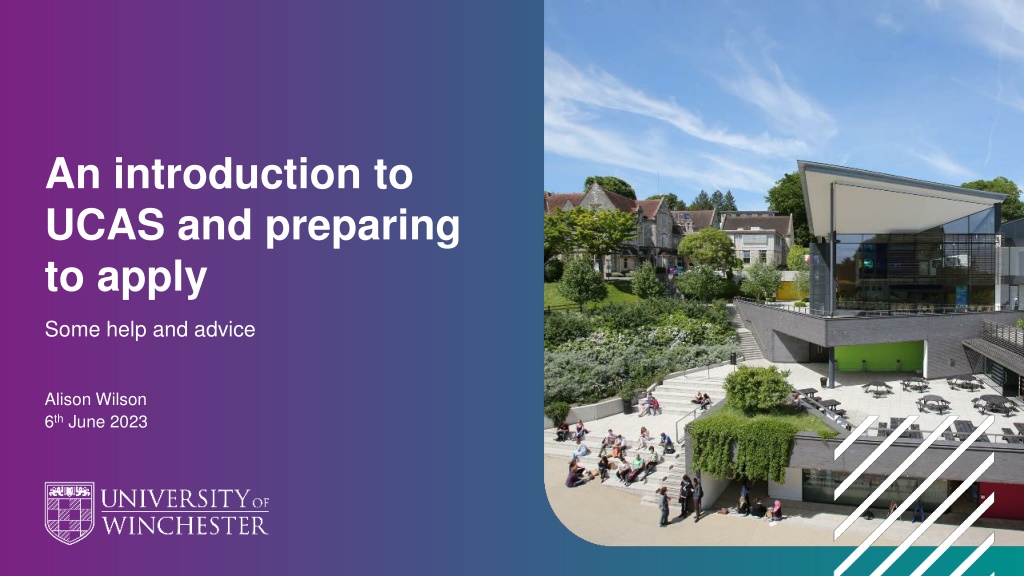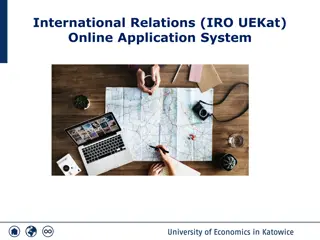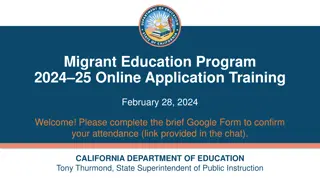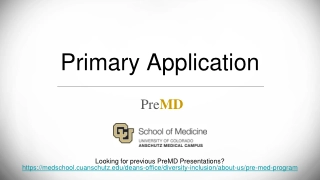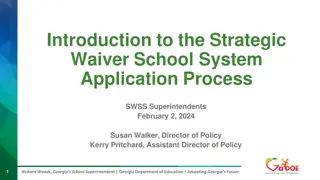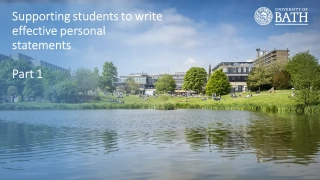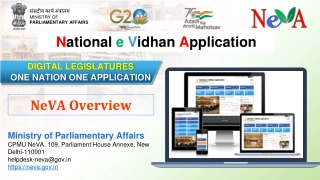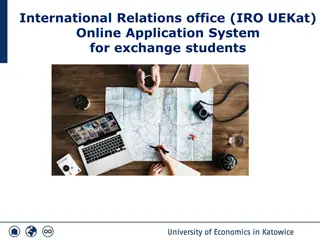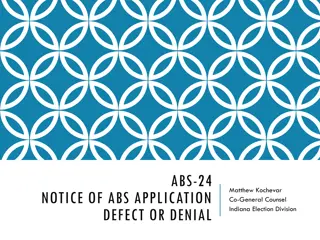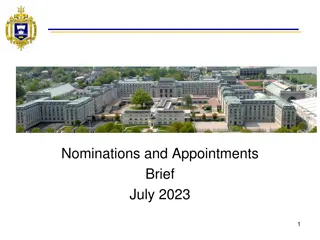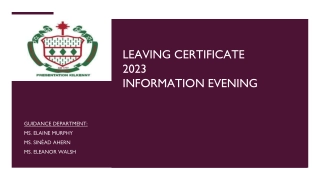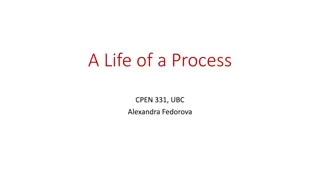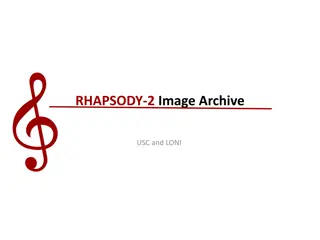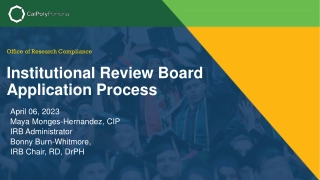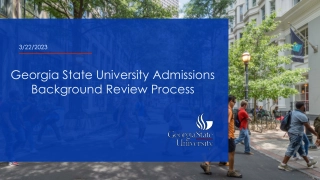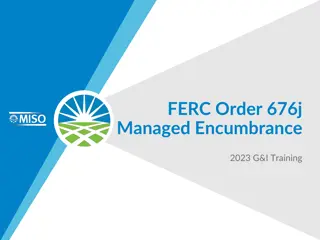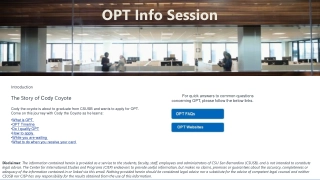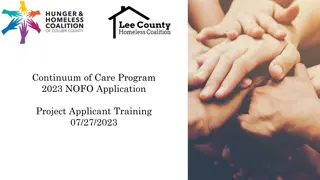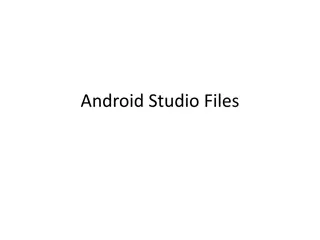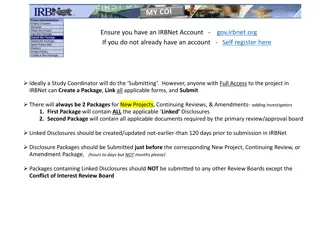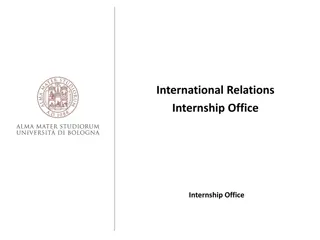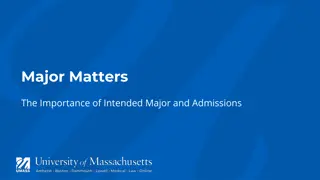Comprehensive Guide to UCAS Application Process
Explore the key steps in the UCAS application process, from understanding what UCAS is to registering on the platform and utilizing its features to make informed choices about higher education. Learn how to use UCAS Hub effectively, save favorites, and access valuable resources for career planning and personal development. Stay organized and track your progress seamlessly with UCAS. Consider including nominated access and relevant information to enhance your application.
Download Presentation
Please find below an Image/Link to download the presentation.
The content on the website is provided AS IS for your information and personal use only. It may not be sold, licensed, or shared on other websites without obtaining consent from the author. Download presentation by click this link. If you encounter any issues during the download, it is possible that the publisher has removed the file from their server.
Presentation Transcript
An introduction to UCAS and preparing to apply Some help and advice Alison Wilson 6thJune 2023
What I will cover What UCAS is Registering on UCAS Using UCAS to help you choose Making the right choice for you
What is UCAS? Universities and Colleges Admissions Service Provides an online search, application and tracking service for higher education courses Offers videos and information to help you and your supporters through the whole process
Sign up to UCAS Hub Then you can save your search information for future reference Not your school email Sensible email address You need access to your email during the registration process to enter verification number Keep a note of your password
Using the Hub When you find things you like (courses, universities, towns, areas) save them in your FAVOURITES so you can easily find them again. Use EXPLORE YOUR FUTURE for finding information on courses, jobs, subjects and more
NOTES anything you want to put here doesn t go to UCAS HUB LIVE bitesize help on a range of subjects PERSONAL STATEMENT BUILDER WHAT TO STUDY NEXT list your qualifications and see what people studied CAREERS QUIZ see what might be good for you
Another way to see your progress Completed section Started but not yet complete Not yet started Current screen Mark as complete when you ve finished
I recommend you include Nominated access
Other information to include It s not compulsory but if it s relevant to you, disclose it. Some universities offer support to care leavers either practical or financial.
Practical or academic support This will not go against you when universities consider whether to make you an offer. It s better for us to know this so we can prepare for your arrival. Also mention it when visiting.
Important points to remember Use a non-school, sensible email address Keep a note of your password Disclose any support in the More about you and Diversity and inclusion sections if that s relevant to you Notify us if you ve spent any time in care or will need support but research it too Use the nominated access facility Allow plenty of time to complete your Hub information Check all your information is correct Know and MEET any deadlines
Choosing your course and university UCAS has over 31,000 courses to choose from Offered at nearly 250 universities or colleges England 219 Scotland 21 Wales 15 Northern Ireland 3 You apply to a maximum of 5 courses or universities 4 for medicine or veterinary and a supporting subject. Oxford or Cambridge.
Starting to make your choices Do you have a career in mind? Do you need a specific qualification? Prospects.ac.uk or UCAS.com both have a careers quiz
No career in mind what about a subject? Over 31,000 university courses (or combinations of courses) to choose from in the UK, many don t need prior qualifications in that subject Study a subject that you know and love Study something completely new Whatever you choose, you will improve your career prospects
What to consider next Having chosen your career, subject or course there are some ways to narrow down which ones you apply to: Entry requirements Modules Assessment Accreditation Other opportunities
Entry requirements Course: Geography UCAS Points A Level grades IB points BTEC grades Additional requirements University A Not accepted BBB 32 points including 3 HL 5 s DDM Check with university University B 104-120 BCC-BBB Calculated tariff points to include minimum 2 HL 4 s DMM GCSE English Language and Maths at 4 University C Not accepted AAB 32 including HL s at 6, 6, 5 Considered on a case by case basis Excludes General studies and Critical thinking 1 grade lower may be offered with an A in EPQ You can also gain points from some music or sport exams (ABRSM Grade 6 practical pass = 8 points, Grade 8 practical Distinction = 30 points). Some universities may take up to 32 of these towards UCAS points total. Check all information on UCAS or providers website before applying.
Compare the modules on offer University B Year 1 Compulsory modules: People and Place Global Risks Geographical Research and Study Skills Environmental Change Exploring Geographical Data Managing Geographical Issues Environment and Society University A Year 1 Compulsory modules: Contemporary Human Geography Global Environmental Issues Environmental Research Frontiers Research Methods, Field Work and Data Analysis Tutorials and Study Skills for Geographers Statistical Methods and Applied Geographical Information Systems
Assessment style University Year 1 82% coursework 10% written exams 8% practical exams Year 2 75% coursework 25% written exams 0% practical exams Year 3 100% coursework 0% written exams 0% practical exams University B Year 1 84% coursework 12% written exams 4% practical exams Year 2 87% coursework 13% written exams 0% practical exams Year 3 100% coursework 0% written exams 0% practical exams
Other things you may consider About your course Professional accreditation Sandwich or placement year or study abroad Equipment or facilities About your university Location Size university and city Accommodation Sport or social opportunities Try to get a feel for it by visiting
When youre ready to start Reflect on your career ambitions Check routes to achieve them What subject areas do you feel interested in and enthusiastic about? Consider courses within that subject area Remember ways to narrow them down
Connect and ask Questions Live Chat use on our website winchester.ac.uk Open Days Tuesday 13 June 2023 Saturday 1 July 2023 Saturday 23 September 2023 Saturday 14 October 2023 Saturday 28 October 2023 Saturday 25 November 2023 @uniwinchester @winchesteruni
